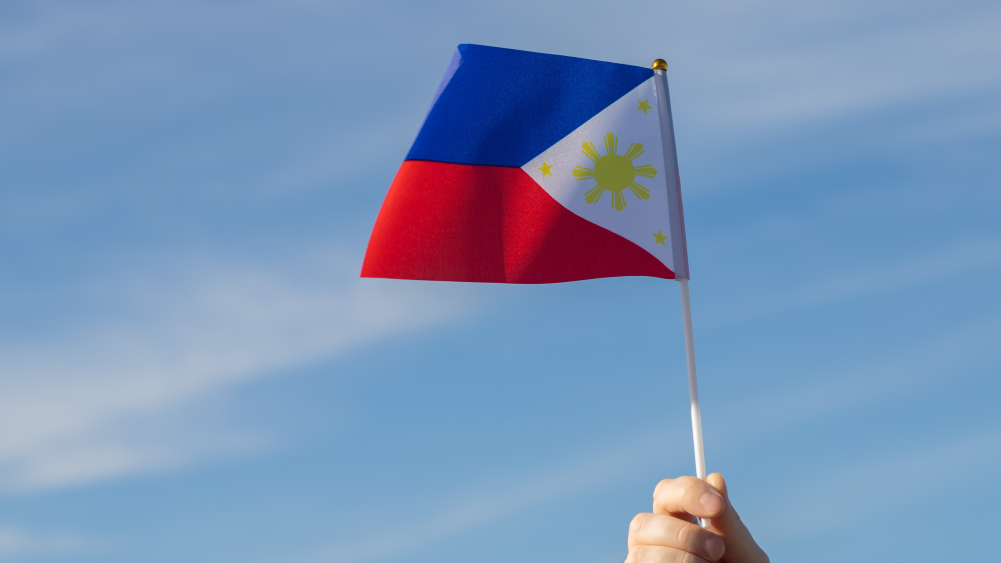Homily at the Mass for Philippine Elections 2025
9 May 2025, Friday, Third Sunday of Easter
Church of the Gesu, Ateneo de Manila University
My sisters and brothers in Christ, as we offer this mass for the coming elections, our minds are surely still transfixed upon that other election just concluded early this morning. Bleary eyed and sleepy as we are from staying up in the wee hours to hear the good news, it is truly fitting that we give thanks and rejoice as well at this celebration for the election of Pope Leo XIV. There will surely be much written and said about Pope Leo over the next few days. So for now, we focus our prayers and reflections on our local and national elections next Monday.
As we gather today, my memories bring me back to some twenty years ago when I was a student toiling towards my graduate degree and living in a seminary at the outskirts of the University I was enrolled in. In this particular seminary there were a number of student priests like myself, hailing from different countries. One morning, I sat down at breakfast with a Korean American priest from the diocese of Orange County, California. He seemed particularly sad and downcast, so I asked him if he was okay. He told me that he had received news the previous evening that the Namdaemun gate in Seoul, South Korea had burned down due to an arson attack. Puzzled, I asked him, “What is the Namdaemun gate? (To this day I’m not sure if I’m pronouncing that right.) He then explained to me that Namdaemun is the historic South Gate of Seoul when it was still a fortified city. Built in the fourteenth century, the massive wooden pagoda structure is recognized as the first national treasure of South Korea. Its loss in such a senseless manner, he explained, was truly unimaginable. I could only commiserate with him in silence as he spoke emotionally of this terrible national tragedy, and his frustration at those who perpetrated the crime. But at the same time I could not help but feel a sad, grudging admiration for my friend who—although his family had immigrated to the US decades earlier—still had such a deeply rooted sense of love and concern for his native country.
That memory from decades ago has remained with me since and comes to mind now as we pray for the elections next Monday. As we head to the polls, many of us do so with a nagging sense of fear and trepidation. Surveys have been telling us that hordes of national and local election winners will most likely come from the ranks of political dynasties, actors, sports celebrities, wealthy business owners, and their ilk. Principled and experienced leaders with no money driven machinery struggle to make an impact. Popular electoral campaigns rely less on discourse on issues, and more on entertainment spectacles and catchy sound bites. The power of “guns, goons, and gold” remains unchecked. Fake news meant to bring down political opponents continues to spread through social media. Like the Namdaemun gate of Seoul, the elections seem to be a conflagration waiting to happen, with democracy and civic responsibility about to be reduced to cinders.
Totally transparent before the Lord with our anxiety and trepidation, and even as we partake of the life giving bread from heaven described in John’s gospel, we cry out in lamentation. Even as we draw close to the Lord, the giver of life during these uncertain times, we grieve. Where we proceed from this grief, however, will make all the difference. We can choose the path of despair and indifference, resigned to the fact that the Philippines is indeed a “damaged culture”, as the White House speech writer and journalist James Fallows so controversially claimed in the wake of the EDSA revolution. Or, taking the cue from my Korean American priest friend, we can allow our grief to be an expression of genuine love for our country, electoral warts and all. As we take on the latter challenge, we remember the experience of Paul on the road to Damascus, as recounted in the Acts of the Apostles. His conversion, the conversion of one person, made all the difference for the Church that we know and love today, as Saul became Paul, the Apostle to the Gentiles and spread the Gospel to the far corners of the known world.
And so at this mass, we pray for our usual electoral aspirations. We pray that peace and order may reign in the coming elections, for we know that there are areas in our land where the sanctity of the ballot continues to be threatened. We pray that those who truly deserve to be in office may somehow win, perhaps miraculously, by God’s grace and by the tireless, selfless efforts of those who work for genuine politics. But beyond all these intentions and beyond these elections we pray above all for a conversion akin to that of St. Paul’s. We pray that somehow a new politics may be ushered into our country, one conscientious vote at a time, one converted citizen at a time.
What is this conversion we pray for? It is but appropriate, especially as we rejoice at the election of our new pontiff Pope Leo XIV, that we hear from the late, great Pope Francis. In his encyclical Fratelli Tutti, Pope Francis emphasized the need to be converted to what he calls “political love.” He writes, and I quote:
… charity, which is the spiritual heart of politics, is always a preferential love shown to those in greatest need; it undergirds everything we do on their behalf. Only a gaze transformed by charity can enable the dignity of others to be recognized and, as a consequence, the poor to be acknowledged and valued in their dignity, respected in their identity and culture, and thus truly integrated into society. That gaze is at the heart of the authentic spirit of politics. It sees paths open up that are different from those of a soulless pragmatism.” (no. 187)
Brothers and sisters, in the Spirit of Easter hope, let us pray that our participation in the elections may reflect our deep concern for others, especially those most in need. We pray that God may give us the grace of renewed love for the Philippines, as we strive to transform our beloved country, one conscientious vote at a time, one converted citizen at a time. Amen.

